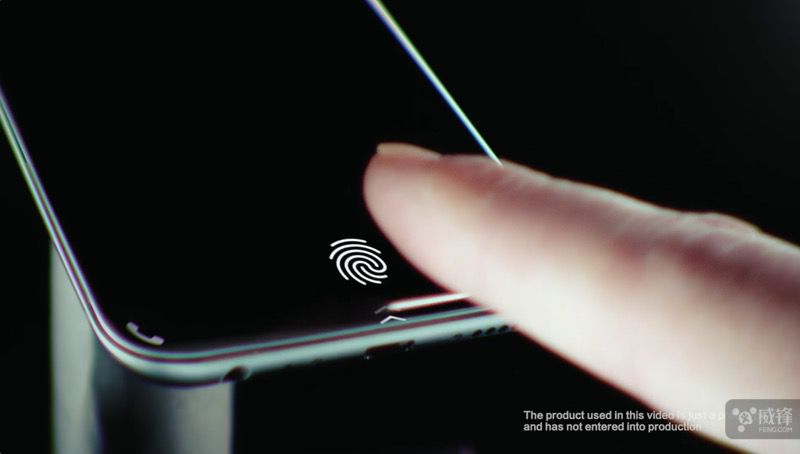Recently, Mr. Jiang of Wenzhou reported that although the mobile phone still has 13 GB of normal traffic, the traffic function is suspended because the traffic used reaches 100 GB. “I watched the movie every night before going to bed. There was no arrears and there was no flow. The operator never reminded me that I could not exceed 100GB. I stopped at the stop.†On the 25th, the operator’s customer service staff said There is indeed a rule that “the actual use of traffic reaches 100GB to stop the flow functionâ€, and “the national unlimited (flow) quantity product is also up to 100GB (capped)â€.
The operator declares that the mobile phone has unlimited traffic, and can perform capping operations for users who use the traffic up to 100 GB. During the process of using the traffic, the user does not know that there is such a requirement, and the operator does not fulfill the obligation of reminding and does not satisfy the user's right to know. It is extremely inappropriate for operators to do such a work.
According to Mr. Jiang, most of the traffic he uses is derived from the traffic from a video app owned by the carrier. In fact, the source of traffic for mobile phone users is not important. It is not important for mobile users to watch movies, watch news or play games. As long as the user bears all the expenses of the traffic, the source and destination of the traffic meet the requirements, the user has the right to freedom. Use traffic.

There is a saying that the current three major operators have 100GB traffic capping regulations, the original intention is due to the limitations of the communication base station bandwidth. If this is the case, the operator should advocate the concept of “everyone is me, I am everyone†when promoting the traffic package. Just like everyone’s water saving and everyone’s power saving propaganda, the user will be informed in advance and in the user. When a certain amount of traffic is reached, the user is reminded to save traffic usage and avoid the normal use of the network due to the 100 GB traffic capping regulations.
It is worth noting that the implementation of the 100GB cap is not limited to traffic, and the contradictory solution is implemented. Regulators can't sit idly by, and users can't listen to them. The operator's approach is not only unhumanized, but also a profit-seeking illegal operation. The practice is suspected of false propaganda, violation of the Advertising Law and the Consumer Rights Protection Act, and allegedly restricting the rights of users by format clauses, violating the contract law. In this regard, the regulatory authorities should investigate and punish according to law, prohibit operators from using unlimited traffic to prevent misleading users; users whose rights have been infringed should be legally defended, and request operators to resume traffic usage, warning operators to operate with caution and compliance.
Operators should implement a 100GB traffic capping rule and there should be better workarounds. In addition to directly informing 100GB caps and user-friendly reminders, operators can use the out-of-package traffic to facilitate and meet the traffic needs of very few users. For users who still use more than 100GB of traffic, they can regard the excess traffic as the out-of-package traffic, so as to increase the price of the traffic tariff, so that customers can get a better experience and improve the transparency and image of the operator's operation.
FC connector
FC is one of the most common connection devices in single-mode networks. It also uses a 2.5 mm ferrule, but some of the early FC connectors are designed with ceramics built into the stainless steel ferrule. FC has been replaced by SC and LC connectors in most applications.
FC is the abbreviation of Ferrule Connector, indicating that its external reinforcement is a metal sleeve, and the fastening method is a turnbuckle. The round threaded connector is a metal connector, and the metal connector can be plugged in more times than plastic. Generally used in telecommunications networks, a screw cap is screwed onto the adapter.
Advantages: Reliable and dustproof.
Disadvantage: Slightly longer installation time.
SC connector
SC also has a 2.5mm ferrule. Unlike ST/FC, it is a pluggable device and is widely used because of its excellent performance. It is a connector standardized by TIA-568-A, but it was not widely used in the early stage due to its high price (twice the price of ST).
The full English name of SC is sometimes referred to as "Square Connector", because the shape of SC is always square.
The shell is rectangular, and the structure size of the pin and coupling sleeve is exactly the same as that of the FC type. Among them, the end face of the pin mostly adopts the PC or APC grinding method; the fastening method is the plug-in bolt type, without rotation.
Advantages: Standard square connector, direct plugging and unplugging, easy to use. Using engineering plastics, high temperature resistance, not easy to oxidize.
Disadvantages: The connector is easy to fall out.
Waterproof Fiber Pigtail,Waterproof Pigtail,Fiber Optic Component,Waterproof Fiber Optic Pigtail,Waterproof,Optic Fiber communication systems
Shenzhen GL-COM Technology CO.,LTD. , https://www.szglcom.com
